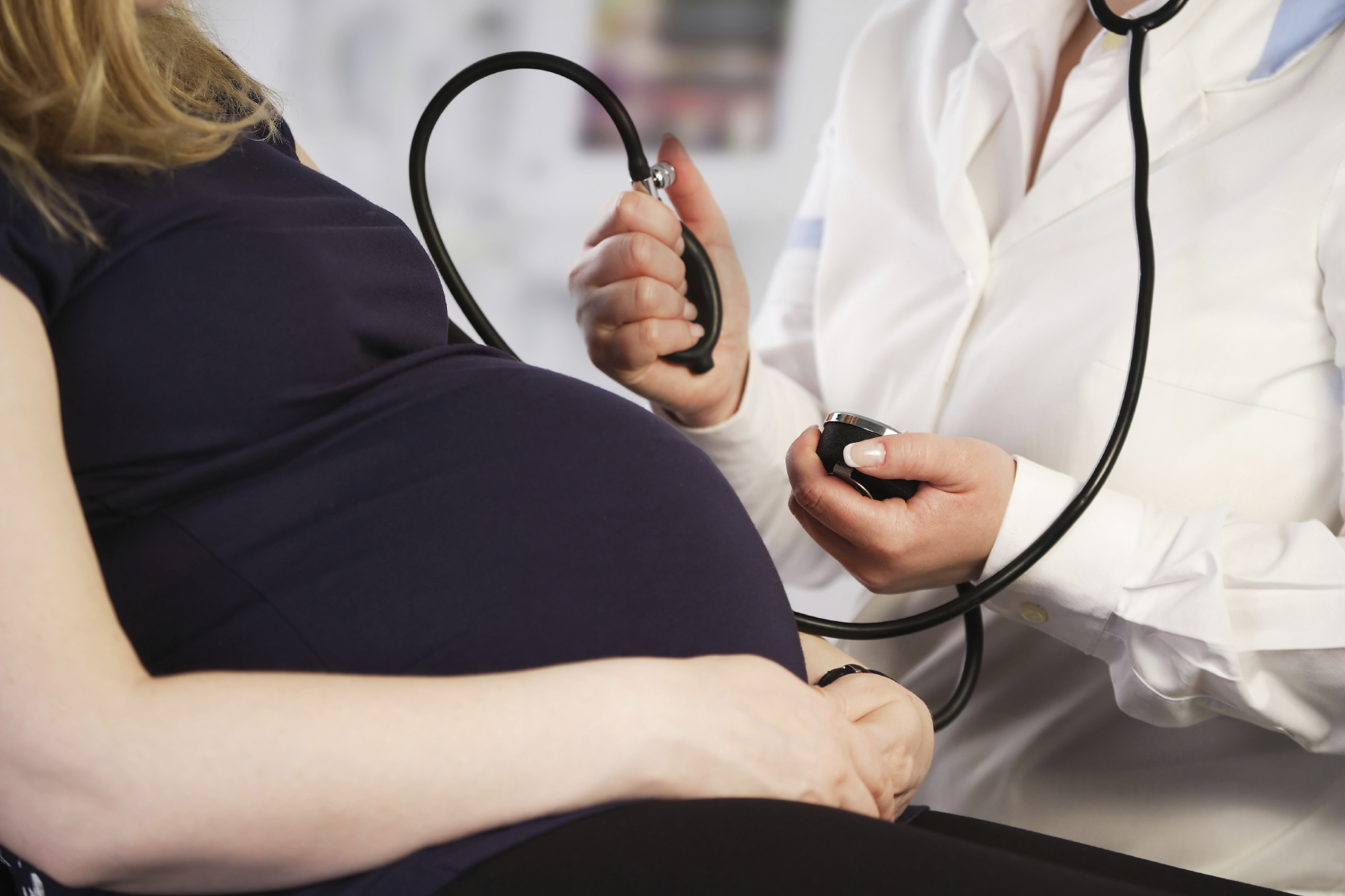
- November 17, 2021
- Comments: 0
- Posted by: Dr. Anushri Shah

Pregnancy complications are health issues that arise during pregnancy. They might concern either the mom’s or the foetus health, or both. Some women have prenatal health issues, while others have pre-pregnancy health issues that might lead to difficulties. It is critical for women to undergo prenatal and postnatal care in order to minimize the incidence of pregnancy complications.
Before Pregnancy Complications
Make an appointment with your doctor to discuss any health issues you are currently experiencing or have had in the past. If you are undergoing therapy for a medical condition, your doctor may wish to modify the way your condition is treated. In addition, make sure to bring up any issues you encountered with past pregnancies. If your health issues are under control and you receive adequate pregnancy care, you are more likely to have a safe, healthy child.
During Pregnancy Complications
Pregnancy indications and problems can range from little annoyances to serious, even life-threatening disorders. It might be hard for women to distinguish between usual and abnormal symptoms. Physical and mental issues that influence the mom’s or the child ‘s health might be problems during pregnancy. Please remember that there are solutions to deal with issues that arise throughout pregnancy. If you have certain concerns throughout your pregnancy, always contact your pregnancy care specialist.
 List Of Pregnancy Complications
List Of Pregnancy Complications
The following are some of the most frequent maternal health disorders or difficulties that a woman may encounter throughout her pregnancy:
Infections
Infections, particularly certain sexually transmitted infections (STIs), can arise during pregnancy and/or delivery, causing problems for the pregnant woman, the pregnancy, and the infant after birth. Certain infections can be passed from mother to newborn during delivery when the infant travels through the birth canal, while others can infect a foetus throughout pregnancy. Most of these infections can be avoided or managed with proper pregnancy care.
Preterm Labor
Preterm labour starts before the 37th week of pregnancy. Any baby delivered before 37 weeks has a higher chance of developing health issues, owing to the fact that organs like the lungs and brain complete developing in the last weeks before 39 to 40 weeks.
Still Birth
Stillbirth leads to the reduction of a pregnancy after the 20th week of pregnancy. In over half of all reported instances, health care practitioners are unable to determine the source of the loss. Chromosomal abnormalities, placental disorders, poor foetal development, chronic health concerns in the mother, and infection are all factors that can lead to stillbirth.
Gestational Diabetes
Gestational diabetes arises when a woman who did not have diabetes prior to pregnancy acquires it during her pregnancy. Normally, your body converts components of your meal into a sugar known as glucose. Glucose enters your bloodstream after digestion to provide energy to your body.
Depression/Anxiety
Managing gestational diabetes by implementing a treatment plan established by a healthcare professional is the best method to decrease or prevent issues linked with high blood sugar during pregnancy. If not treated, it can lead to hypertension from preeclampsia and having a big child, which raises the chance of caesarean delivery.
High Blood Pressure
High blood pressure, commonly known as hypertension, happens when the arteries that transport blood from the heart to the body’s organs become constricted. This produces a rise in artery pressure. This can make it difficult for blood to access the placenta, which delivers nutrition and oxygen to the foetus throughout pregnancy. Reduced blood supply can impede foetal development and put the mother at risk of premature labour and preeclampsia.
Preeclampsia
Preeclampsia is a dangerous medical disease that can result in premature birth and death. Its source is unclear, however certain women are predisposed to it. Among the risk factors are:
- Being 35 years of age or older
- Existing conditions such as diabetes, high blood pressure, kidney disease, and systemic lupus erythematosus
- First pregnancies
- Preeclampsia in a previous pregnancy
- Carrying two or more fetuses
Misscarriage/Pregnancy Loss
Miscarriage is the word used to denote the loss of a pregnancy due to natural reasons before the 20th week. Vaginal spotting or bleeding, cramps, or fluid or tissue flowing from the vagina are all symptoms. However, vaginal bleeding does not always indicate that a miscarriage is imminent or has occurred. Women who experience this symptom at any stage throughout their pregnancy should consult their doctor.
Other Complications
- While nausea and vomiting are normal during pregnancy, particularly during the first trimester, some women experience more severe complaints that last into the third trimester. It is unknown what causes the more severe version of this illness, known as hyperemesis gravidarum. Women suffering with hyperemesis gravidarum report persistent nausea, weight loss, decreased appetite, dehydration, and dizziness.
- Pregnant women require more iron than usual due to the increased volume of blood produced by the placenta. Iron deficiency anaemia, or a shortage of iron, is prevalent and is associated with early birth and fetal growth restriction. Iron deficiency side effects include nausea, weary or dizzy, having shortness of breath, and turning pale.
Conclusion
We, the Divine Mother, are here to help you along the way by assisting you create a pregnancy care plan and completing yoga classes or workshops that explain your labour and delivery goals. This will guide you in planning for childbirth. The ultimate goal, whether it’s a vaginal childbirth or a C-section, is to have a healthy child.

